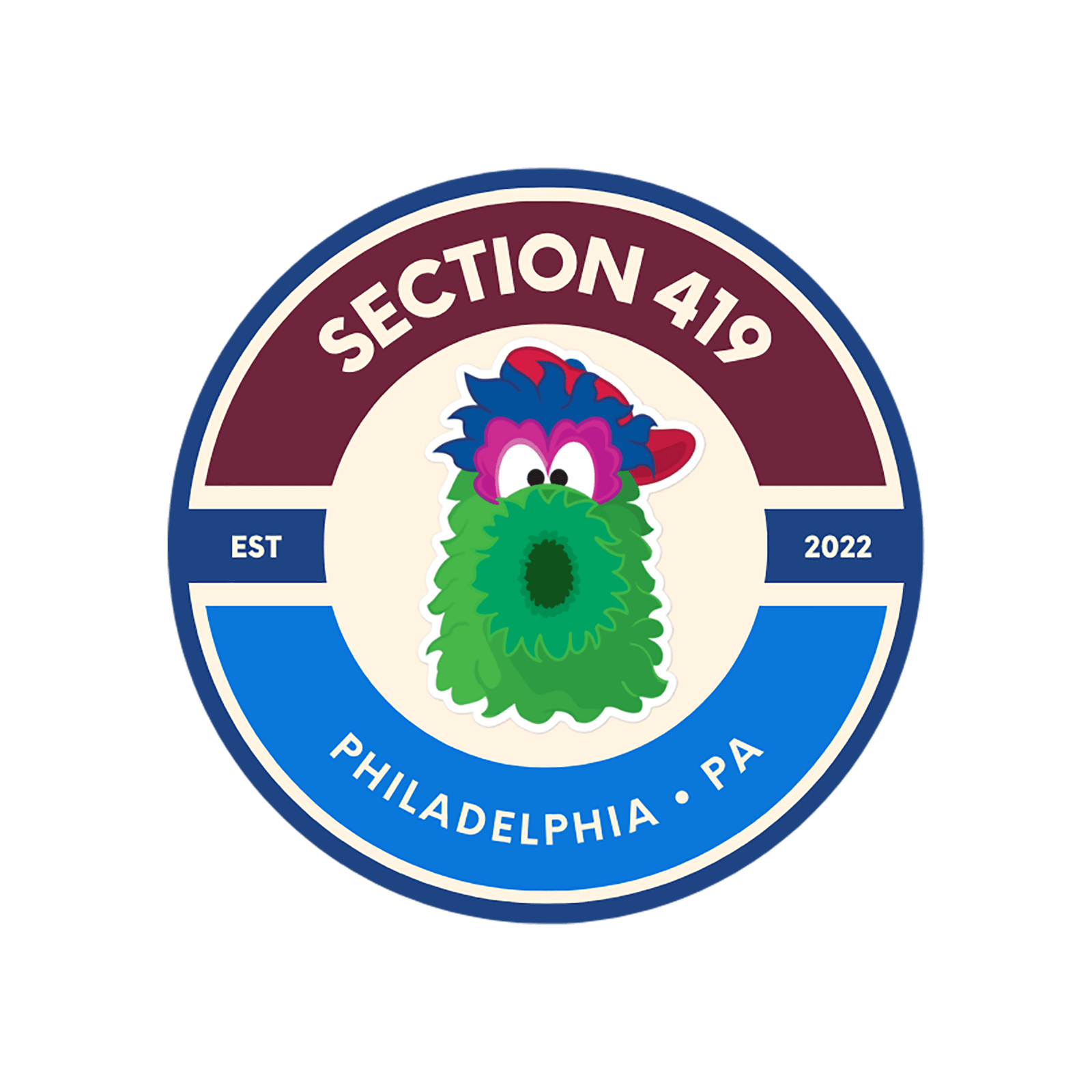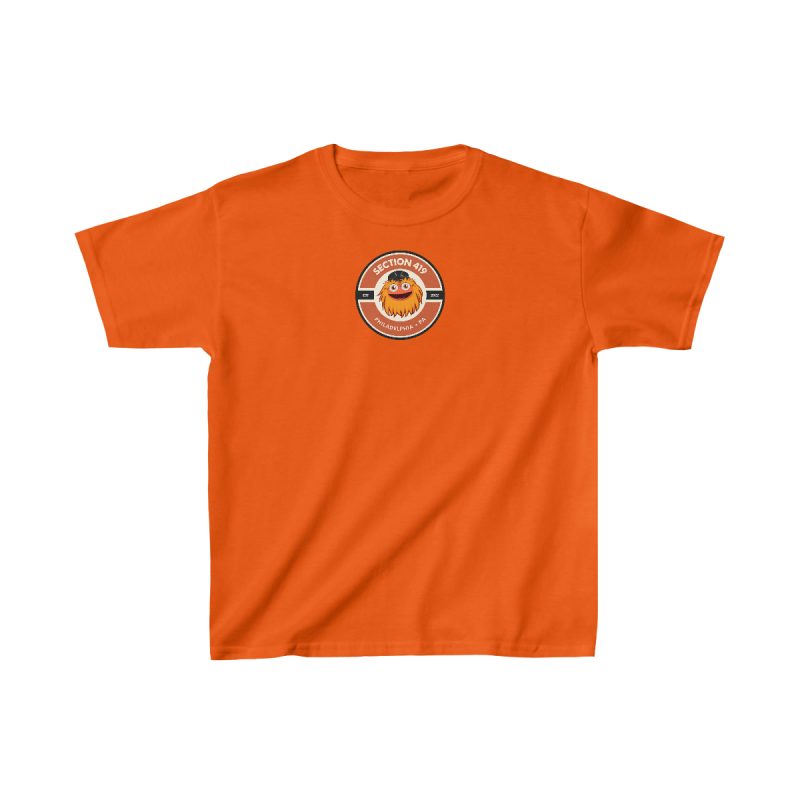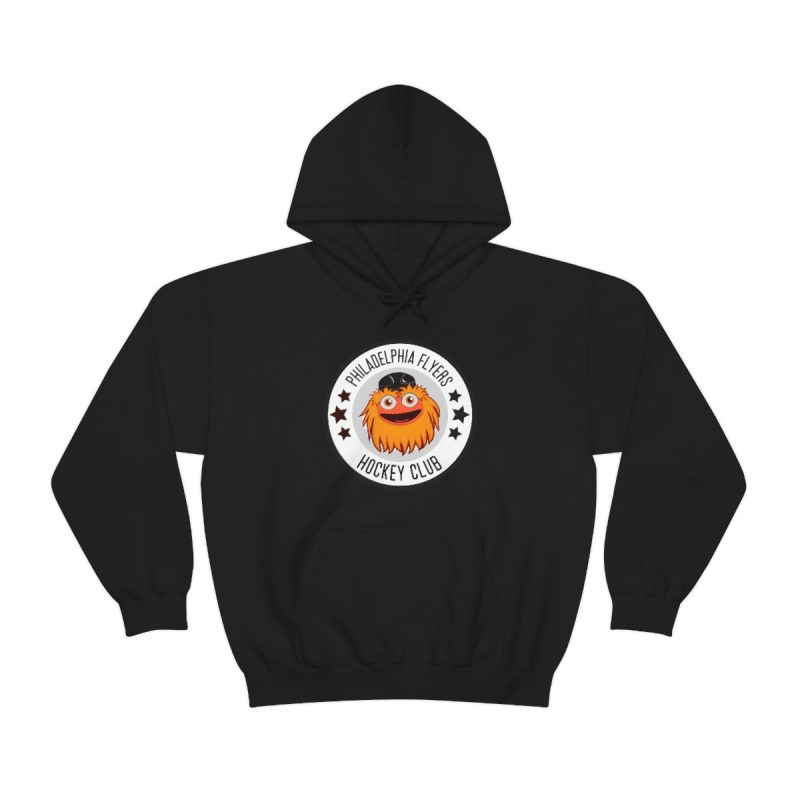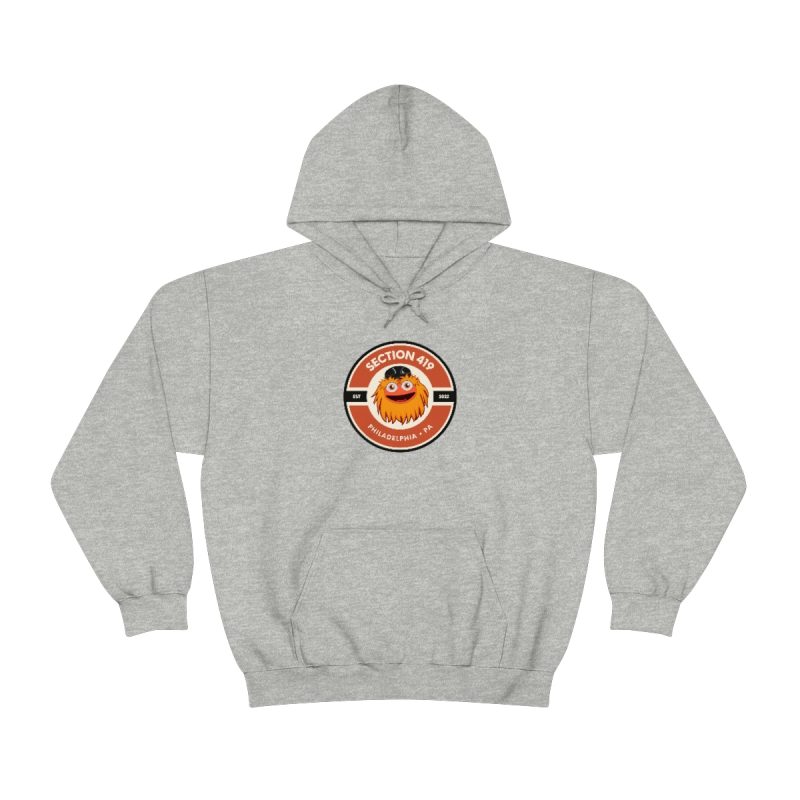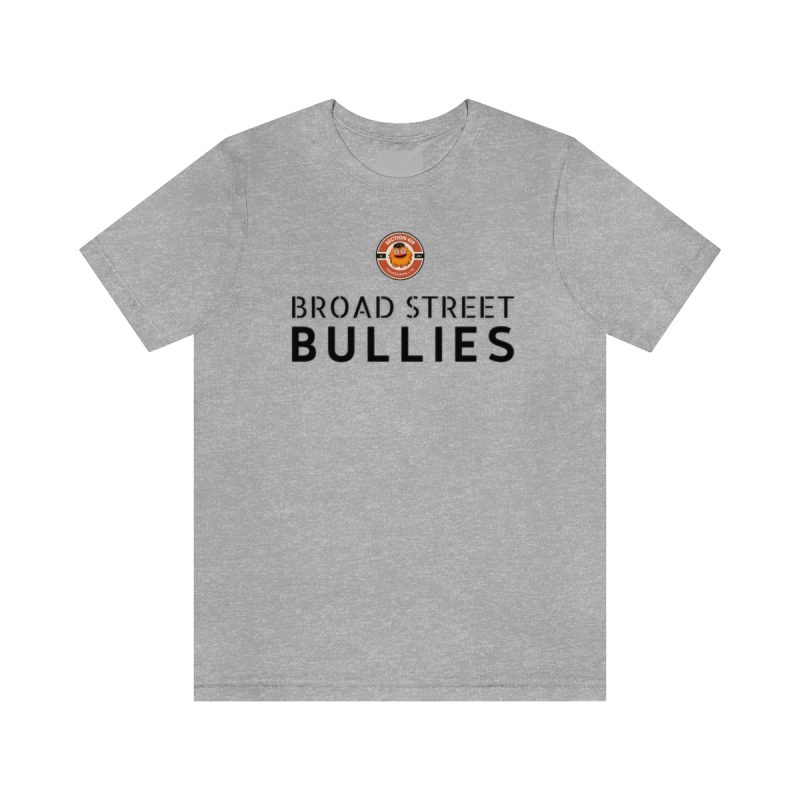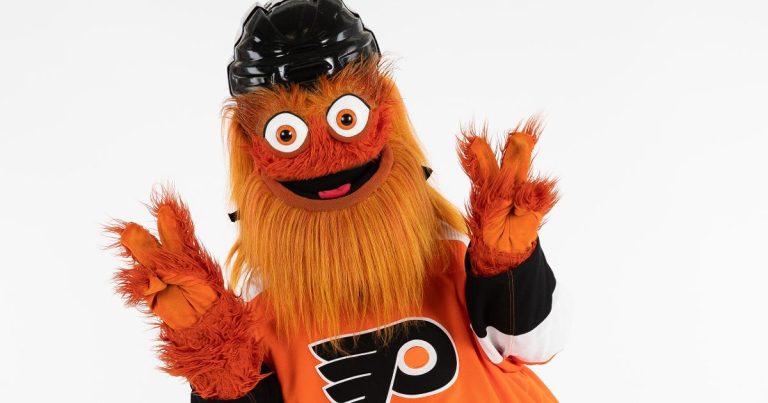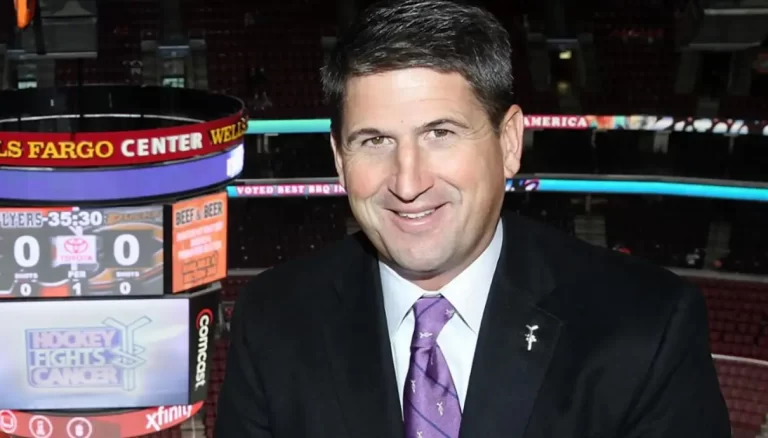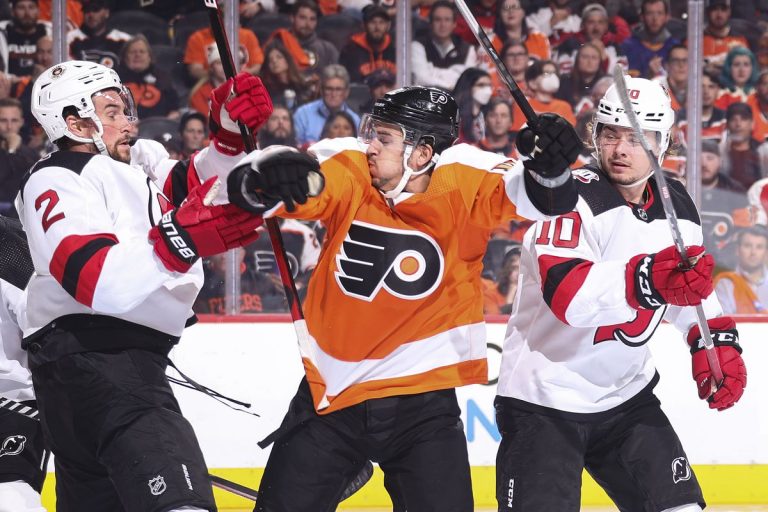The Legend of The Broad Street Bullies
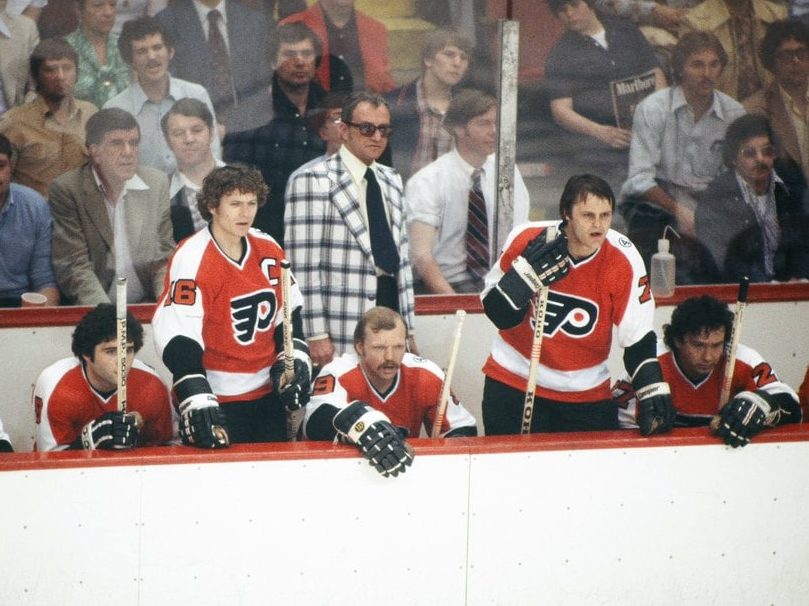
The Broad Street Bullies are a legendary Philadelphia Flyers team in the National Hockey League (NHL), known for their aggressive style of play and physical dominance
The origins of the Broad Street Bullies can be traced back to the early 1970s. The Flyers had been a mediocre team for much of their history, but in 1967 they were one of six new teams added to the NHL. They struggled in their early years, failing to make the playoffs in their first six seasons.
In 1971, the Flyers hired Fred Shero as their head coach. Shero was a hockey genius, known for his innovative tactics and his ability to motivate his players. He began to build a team that would eventually become the Broad Street Bullies.
The Flyers’ home arena at the time was the Spectrum, a 17,000-seat indoor arena located in South Philadelphia. The Spectrum was a raucous, intimidating place to play, and the fans were known for their passion and loyalty.
Under Shero’s leadership, the Flyers began to acquire a reputation for physical play. They drafted tough, hard-nosed players like Dave Schultz, Bob Kelly, and Don Saleski, who were willing to fight and intimidate their opponents. They also had talented players like Bobby Clarke, who was one of the best centers in the league and a future Hall of Famer.
In the 1972-73 season, the Flyers made the playoffs for the first time in seven years. They advanced to the Stanley Cup Finals, where they were defeated by the Montreal Canadiens in six games. But the Flyers’ aggressive play had made an impression on the league, and they had established themselves as a team to be reckoned with.
The following season, the Broad Street Bullies were born. The Flyers won their division and advanced to the Stanley Cup Finals again, where they faced the Boston Bruins. The Bruins were a tough team, but the Flyers were tougher. They won the series in six games, and the Broad Street Bullies had arrived.
The Flyers’ aggressive play was controversial, and they were often criticized for their rough tactics. But they were also beloved by their fans, who saw them as blue-collar heroes who were willing to do whatever it took to win.
The Broad Street Bullies won two more Stanley Cups in 1974 and 1975, cementing their place in hockey history. But their legacy goes beyond their championships. They changed the way the game was played, and their style of play influenced generations of hockey players to come.
The Spectrum, the Flyers’ home arena, played a crucial role in the rise of the Broad Street Bullies. Its raucous atmosphere and passionate fans created a home-ice advantage that was unmatched in the league. The Spectrum was demolished in 2011, but its legacy lives on in the memories of Flyers fans and hockey fans everywhere.
In conclusion, the Broad Street Bullies are an important part of Philadelphia sports history, and their legacy continues to be felt in the city and the NHL. Their aggressive style of play, their blue-collar mentality, and their devotion to their fans made them legends in the world of hockey. And their home arena, the Spectrum, will always be remembered as the place where the Broad Street Bullies were born.
